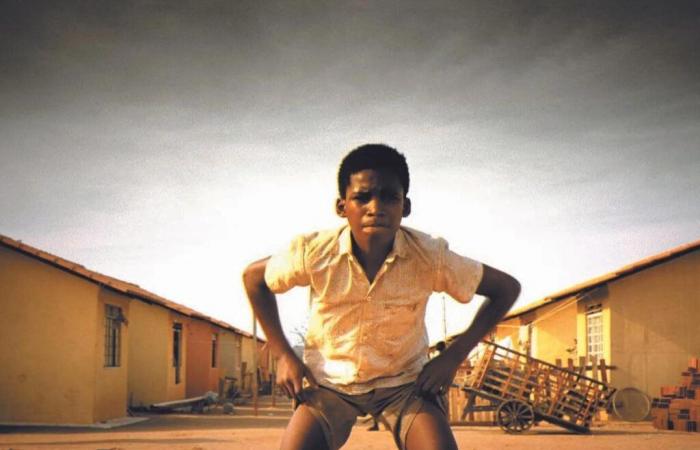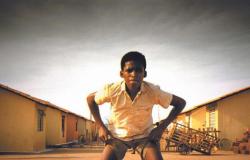
Facebook Twitter E-mail Copy link
Send
Offer this item
Subscribing allows you to offer the articles to your loved ones. And not only that: you can consult and comment on them.
Subscriber
Narrative “City of God”, the first shocking film about the violence in Brazilian slums, was released in theaters last Wednesday. Story of a cult work and the strange destiny of its director Fernando Meirelles, in his company.
To go further
It’s the film that put Brazil back on the cinema map and associated a harsh reality with a hitherto vague word: favelas. When, in 2002, Petit Zé, Tignasse, Fusée and Manu le tombeur arrived on the screens, the world had an often exotic image of the favelas. “The City of God” acts like an explosion: the control of drug traffickers, daily violence, childhood crime jump out at us in a powerful cinematic gesture where the energy of youth combines with that of survival, and the death lurking among the excess life of kids who have nothing. “In Brazil, we didn’t see the favelas on TV or in the cinema, except in a few films from the 1950s. There was the idea that no one wanted that”says today its director Fernando Meirelles, 69 years old. The film, shot for 3 million dollars due to lack of financing, grossed 28 million in theaters, obtained four Oscar nominations (best film, screenplay, photography, editing) and became cult thanks to the DVD!
It all starts from the book by the writer Paulo Lins, “City of God”, named after the carioca favela that he depicts there and from which he comes. In around fifty chapters, each titled with the name of a character, Lins recounts as many specific stories linked to a crime or a gang. The book was released in Brazil for the 1997 end-of-year holidays and became a bestseller. Among his many readers, a certain Fernando Meirelles, then director of pu…
Belgium





